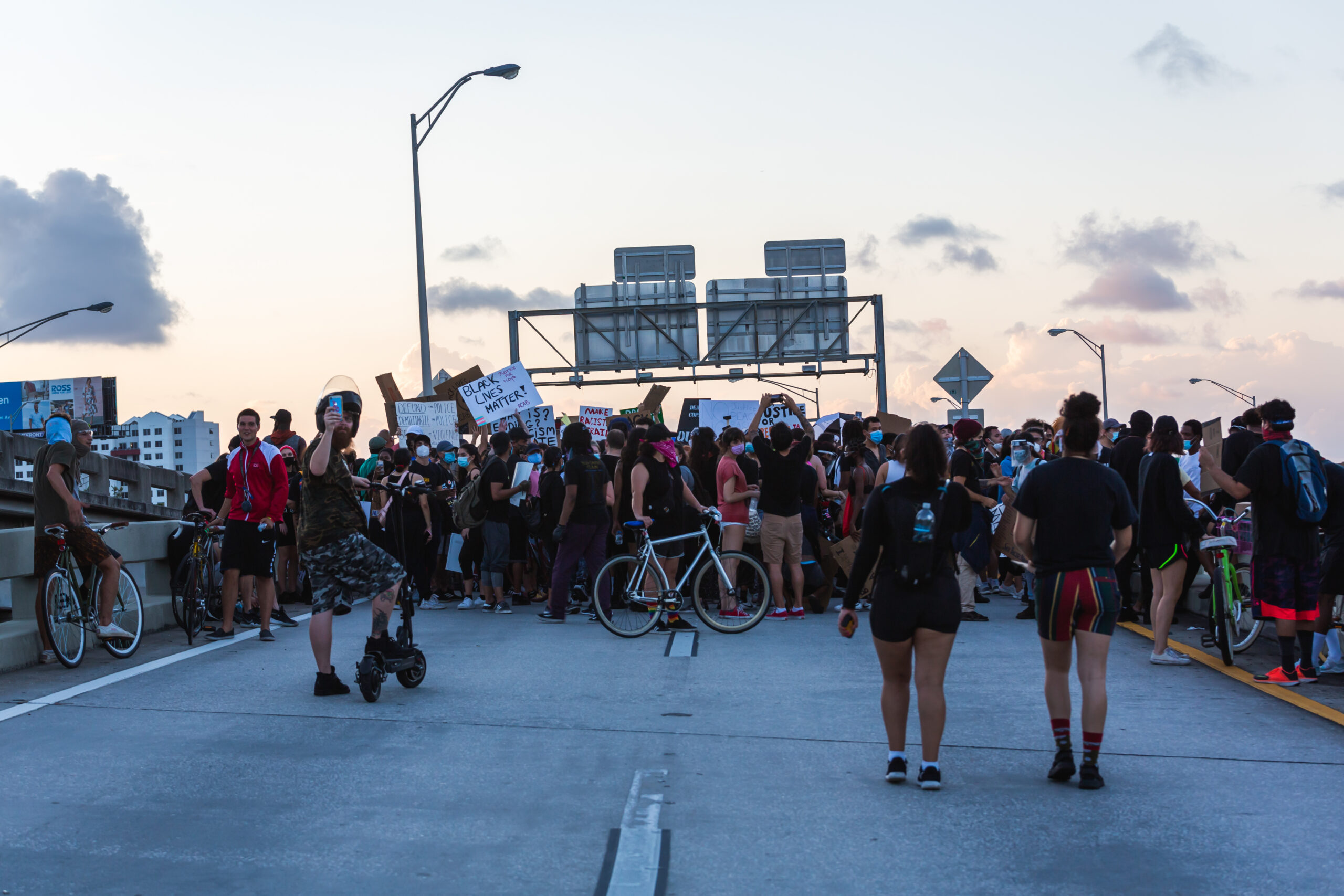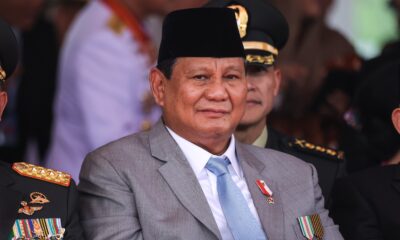Washington Bill Targets Highway-Blocking Protests

A bipartisan legislative effort by state representatives in Washington has been introduced to address increasing public outrage over the growing trend of protests paralyzing major highways.
State Rep. Andrew Barkis (R) summed up the feeling of many residents: “We’re just done.” The latest incident of road-blocking on Interstate 5 in Seattle, involving pro-Palestinian supporters, sparked a new demand to address the urgent need for legislative action.
House Bill 2358, spearheaded by Rep. Barkis, addresses the dangers of intentionally blocking traffic. Aimed at increasing penalties for protesters who unlawfully obstruct state highways, the bill reflects a broader sentiment about maintaining public order and safety. The incident, which saw protestors chanting slogans while blocking the interstate, resulted in a significant traffic backup, trapping vehicles, including an ambulance, for hours.
Barkis’s proposal is straightforward: escalate the charge of blocking state highways to a Class C felony, especially when such actions create a risk of injury, impede emergency services, or if individuals refuse to comply with dispersal orders. The bill further stipulates a minimum fine of $6,125 and a 60-day jail sentence for repeat offenders, with harsher penalties for organizers of these disruptions.
This legislation arrives as a response to the recent I-5 blockade and in the context of ongoing debates about public safety and the right to protest. Barkis, conveying frustration and determination, emphasizes the need for stronger deterrents. “People know there’s not much of a consequence to make it not worth doing the crime or the action,” he stated, underscoring a key motive behind the bill.
The bipartisan support for HB 2358 signals a collective recognition of the need to balance the right to protest with public safety and order. Co-sponsored by state Rep. David Hackney (D), the bill also proposes a gross misdemeanor charge for groups of three or more blocking traffic on a state highway without legal authority. The bill has been referred to the House Transportation Committee, marking the first step in what could be a significant shift in how Washington state addresses protests that spill onto its highways.
While the legislation has garnered support, it has also raised questions about the balance between ensuring public safety and protecting civil liberties. The 2020 incident on I-5, where a car struck protesters, killing one and injuring another, still looms large in public memory, highlighting the complexities of managing protests on major roadways.
Rep. Barkis, in his comments, does not mince words about the urgency and importance of the bill. “Every minute a state highway is illegally blocked puts lives at risk, delays critical assistance, and inflicts economic hardship on countless taxpayers,” he asserted. His message is clear: Washington will no longer tolerate disruptions that endanger lives and defy the rule of law.
The bill represents a firm stand against what many nationwide see as a growing trend of lawlessness. It points to the increasing sentiment that while the right to peacefully protest is sacred, it should not come at the expense of public safety and order.
























